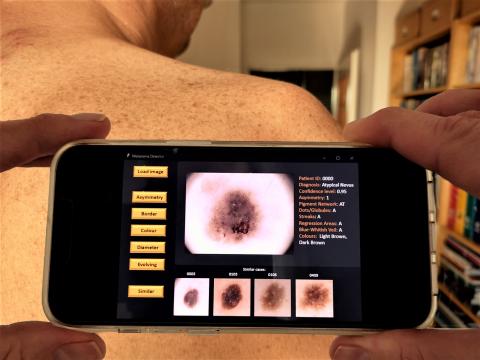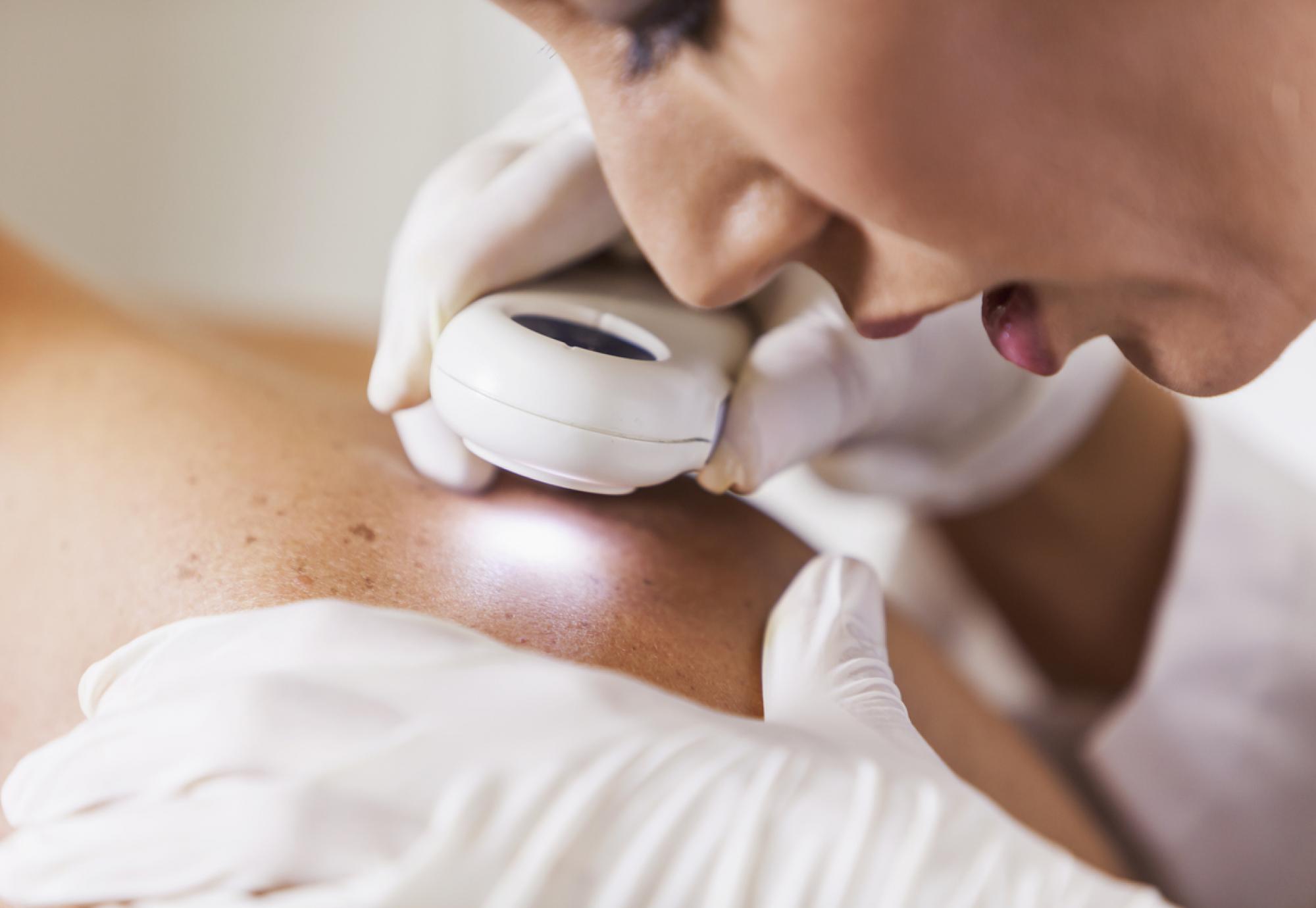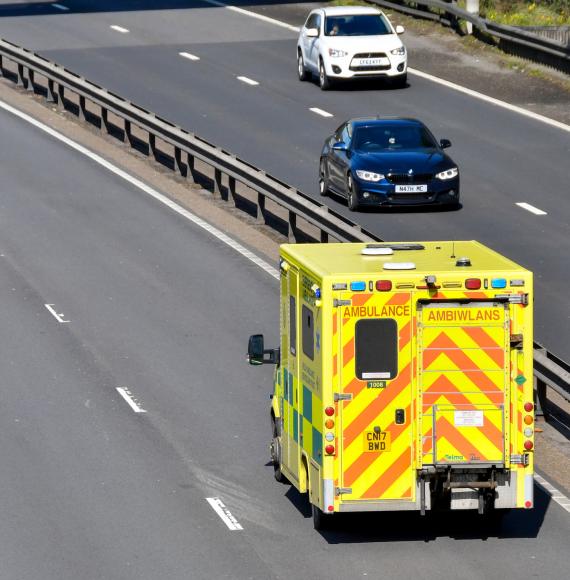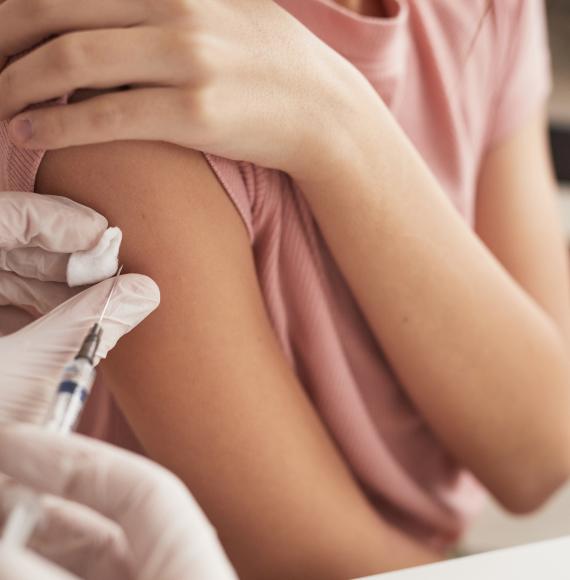Researchers in Wales are harnessing the power of artificial intelligence (AI) to develop an app that could fast-track skin cancer diagnoses.
A team from the University of South Wales, in partnership with Cardiff and Vale University Health Board, took data from thousands of anonymous NHS patients to train an AI to understand what to look for when when evaluating potential skin cancers.
Associate professor Dr Janusz Kulon, who is leading the team, said: “By being given access to the patient data and the outcomes of the examinations by specialists, including histopathology results, we can identify particular characteristics of any abnormalities which are especially diagnostically challenging and develop a more objective system to support GPs in diagnosing skin lesions.”
The project was launched to help GPs more easily identify potential skin cancer cases, with the ultimate goal of helping dermatologists manage their workload amidst overwhelming demand.
“Dermatologists have been overwhelmed in the past by the number of referrals they have received from GPs who were looking for a specialist to decide if skin lesions needed some further investigation,” Dr Kulon said.
“Because GPs are not specially trained in spotting potentially malignant marks on a patient’s skin, they basically had to send every potential case for analysis.”

The researchers took into account a variety of different characteristics that could indicate the presence of malignant growths, including shape, colour, asymmetry, border irregularity and the dermoscopic structures of the lesions.
Dr Kulon also emphasised that the innovation is not a replacement for human expertise, saying: “We are not creating another medical black box but fully interpretable AI algorithm to support diagnostic assessment. When it is developed the app would be a tool which supports the specialists in their work, an extra pair of eyes which can help to make the diagnosis system more efficient.”
The research team will need to carry out more work to ensure the app is usable in real-world healthcare environments with the endpoint of the project being to get the app validated via a clinical trial.
He added: “What we have at the moment is a set of algorithms which are being developed to help the system continually learn and understand how changes in the lesions have impacted patients in the past, and how that knowledge could be used in the future to support the decision-making processes of specialists.”



















